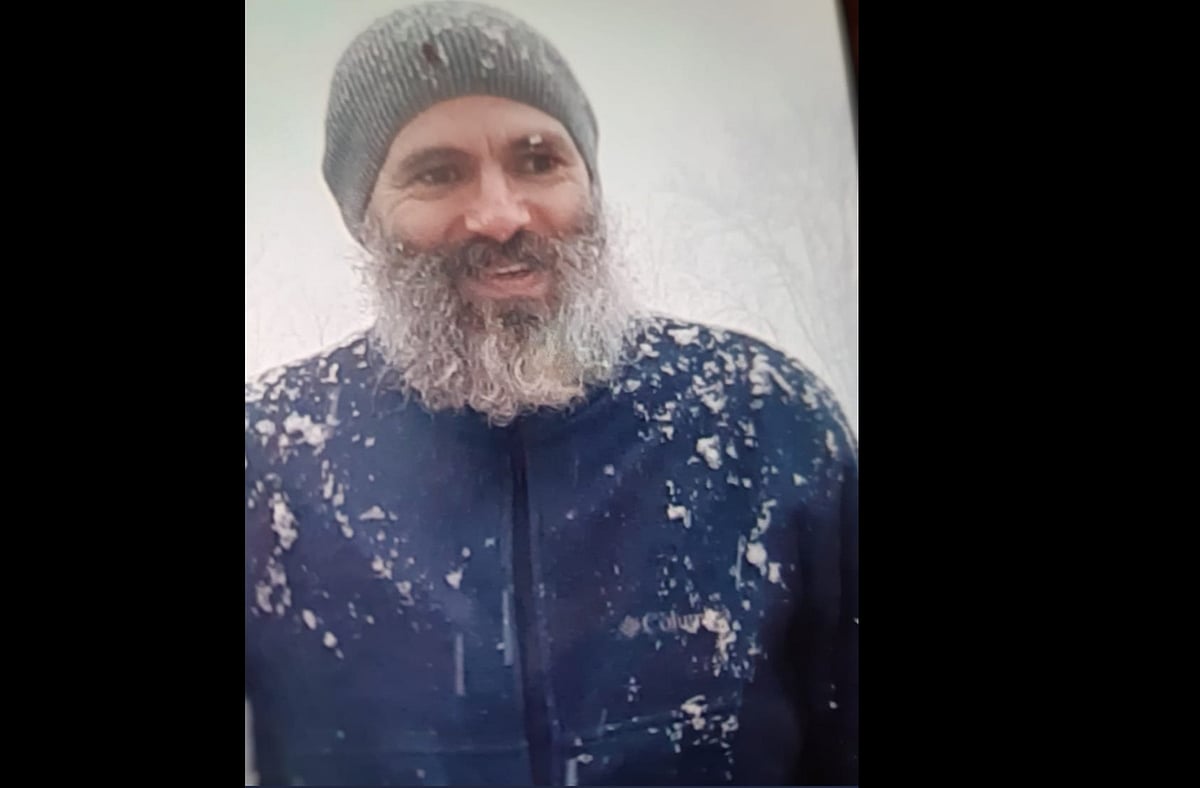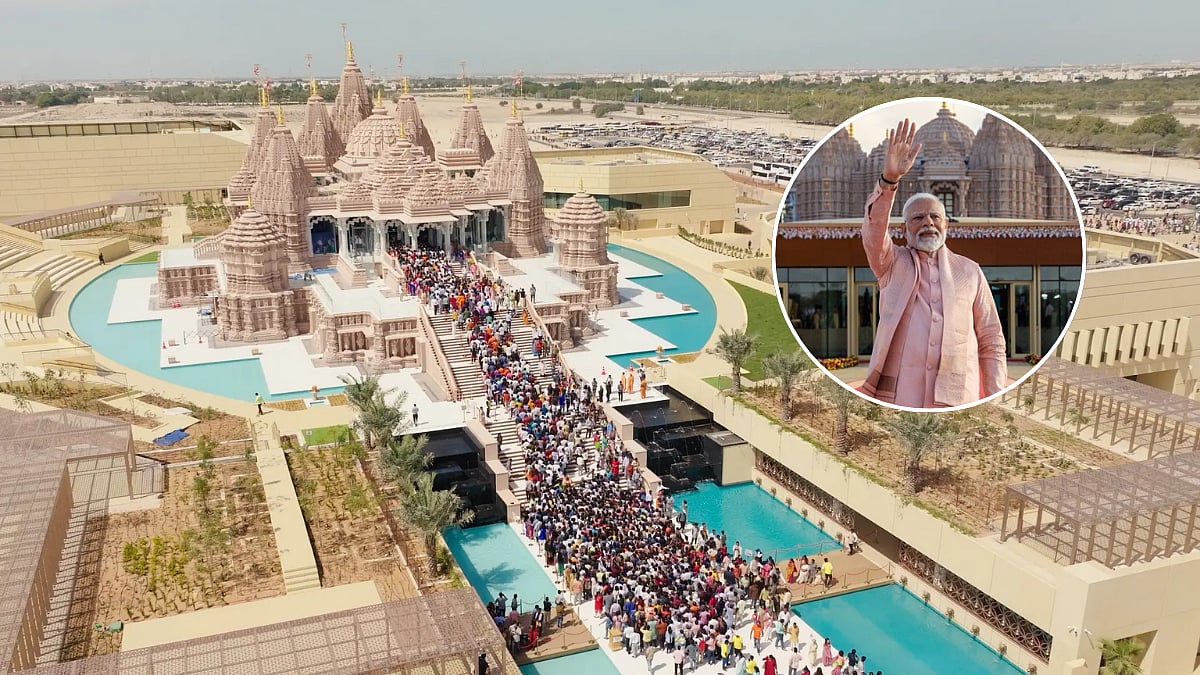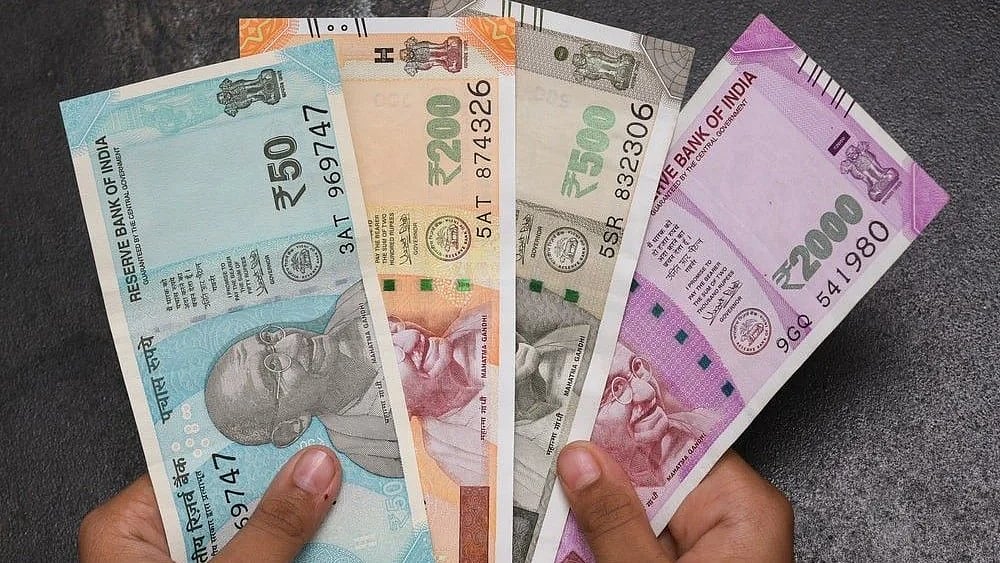In August 2019, several politicians in the then state of Jammu and Kashmir were put under preventive detention, even as the Centre announced the abrogation of Article 370. The government would go on to grant a special status and bifurcate the erstwhile state into two union territories -- Ladakh, and Jammu and Kashmir.
Former Chief Ministers Omar Abdullah and Mehbooba Mufti have been under preventive detention since August 5 last year. Recently, on the night of February 6, barely a few hours before their preventive detention was to end, the Ministry of Home Affairs invoked the Public Safety Act (PSA) and slapped its provisions on the two.
This draconian law incidentally allows for detention up to two years without trial.

Abdullah's "considerable influence" over people, including the ability to attract voters to polling booths despite poll boycott calls and the potential for channelling energies of public for any cause, has been cited in support of his detention under the PSA.
"The capacity of the subject to influence people for any cause can be gauged from the fact that he was able to convince his electorate to come out and vote in huge numbers even during peak of militancy and poll boycotts," an NDTV report quotes the dossier as saying.
The grounds of detention against Omar, who was Chief Minister of the state from 2009-14, state that on the eve of re-organisation of the state he had made attempts to provoke general masses against the revocation of Articles 370 and 35-A.
The grounds also mention his comments on social networking sites to instigate common people against the decisions on Articles 370 and 35-A which had the potential of disturbing public order.
No social media posts have however been cited in the dossier.
"After revocation of Article 370 and Article 35A, in order to secure support of common people, the subject removed all covers / curtains and while resorting to his dirty politics has adopted a radical methodology by way of instigating general masses against the policies of central government," NDTV quotes the dossier to add.
However, as Abdullah has been detained even since Article 370 was revoked, it remains unclear as to how he had gone about this.

Peoples Democratic Party (PDP) leader Mehbooba Mufti has been accused of making anti-national statements and extending support to organisations such as the Jamaat-e-Islamia of the state, which has been banned under the Unlawful Activities (Prevention) Act (UAPA).
Mufti has been slapped with the PSA for her remarks which included challenging accession of Jammu and Kashmir to India in case the Article 370 was abrogated.
The statements of the former Chief Minister, whose party PDP was an ally of the BJP till June 2018, on security forces killing militants was also made a part of the PSA dossier against her.
Her support to the Jamaat-e-Islamia group of Jammu and Kashmir after it was declared as a banned organisation by the Centre under the Unlawful Activities (Prevention) Act (UAPA) also figures in the dossier.
Former Jammu and Kashmir Chief Minister Farooq Abdullah continues to be in detention at his home at Gupkar Road in Srinagar which has been designated as a sub-jail. In December last year, Farooq's detention was extended for three more months under the PSA.
Also recently detained under the PSA is senior PDP leader Naeem Akhtar. Akhtar will be lodged at M-5 hut, located on Gupkar Road of the J&K capital.
Earlier, National Conference General Secretary Ali Muhammad Sagar and senior PDP leader Sartaj Madani, uncle of Mehbooba Mufti, were booked under the PSA.

According to rules, preventive detention can be extended beyond six months only if an advisory board, constituted two weeks before the completion of the 180-day period, recommends for that.
This is the first instance of the PSA being invoked against a mainstream politician, who happens to be an MP and a three-time Chief Minister. Usually, it has been invoked to arrest terrorists, separatists or stone-throwers.
Many opposition politicians have criticised the move.

(With inputs from PTI)




